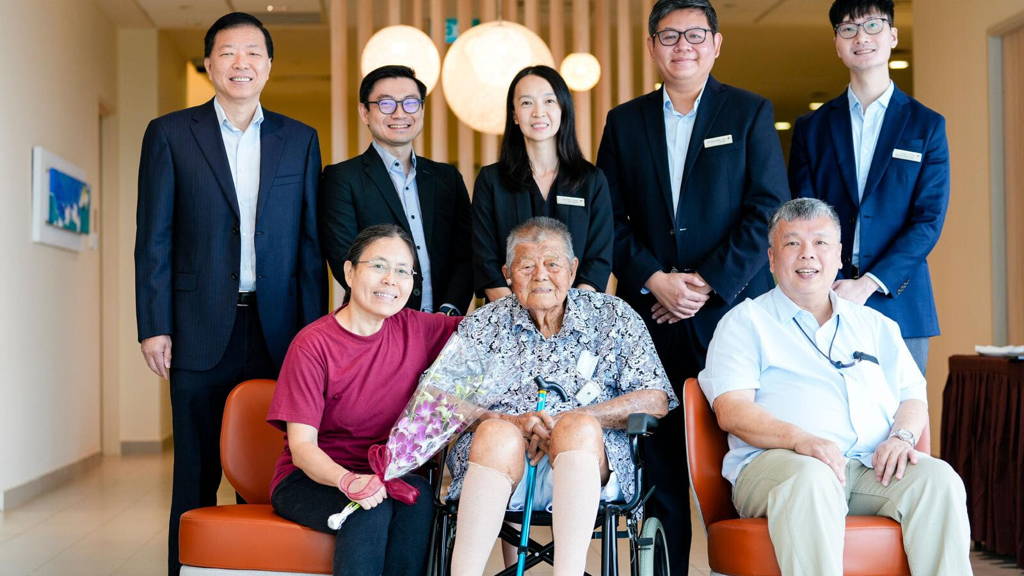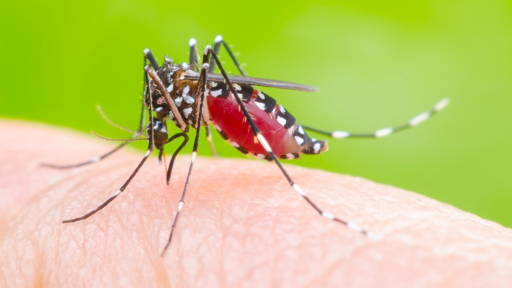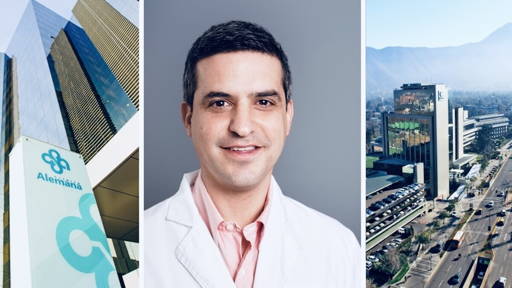A multidisciplinary research team from the National University Health System (NUHS) in Singapore will combine predictive AI with personalized health coaching to detect and treat dementia early. The researchers aim to combat undiagnosed dementia. They have received a grant of S$2.33 million (over €1.5 million) for their study.
According to the 2023 Well-being of the Singapore Elderly (WiSE) study, 51.5 percent of dementia cases in the city-state remain undetected. This is despite the fact that an estimated 45 percent of dementia cases could be prevented through early lifestyle interventions. Many older adults and their loved ones believe memory loss is a natural part of aging and may not realize that support is available, says lead researcher Dr. Tan Li Feng, Senior Consultant, Division of Geriatrics, Department of Medicine, Alexandra Hospital (AH).
"With smaller families and more older adults living alone, it can be harder to gather the supportive observations that help us recognize the early signs of cognitive decline. This means that opportunities for early support and intervention are sometimes missed."
The Singapore Ministry of Health hopes the research can improve this situation. The team's project—Innovative Methods for Proactive Risk Optimization and Optimization in Cognitive Health (IMPROVE-COG)—combines the power of artificial intelligence, community partnerships, and global expertise to, as they describe it, "shift the paradigm from late-stage diagnosis to lifelong brain care."
Underdiagnosis of Dementia
Studies abroad show that in up to a third of hospital admissions for people with dementia, the condition was not accurately recorded as a diagnosis, according to the researchers. Undercoding and limited clinician knowledge are key factors contributing to underdiagnosis.
Even present symptoms can be overlooked, says co-principal investigator Dr. Benjamin Tan, a consultant in the Neurology Division of the Department of Medicine at the National University Hospital (NUH). "A patient admitted with pneumonia, for example, may exhibit signs of cognitive decline that are highlighted in social workers' and therapists' reports but not formally assessed." Relevant patient information can also be scattered across different care pathways, resulting in fragmented data and missing pieces of the puzzle.
Addressing Blind Spots
To address these blind spots, the research team, which includes the Health Services Research & Analytics team at Ng Teng Fong General Hospital, will develop an AI-powered large language model (LLM), trained with anonymized real-world data from the NUH's DISCOVERY AI platform.
The screening and surveillance tool will analyze clinical documentation to identify individuals at risk for mild cognitive impairment (MCI) and dementia. “This provides a scalable and cost-effective solution for risk stratification and population health monitoring, leading to earlier detection and identification and improvements in clinical care,” said Dr. Andrew Makmur, Group Chief Technology Officer of NUHS. “Ultimately, we hope the LLM will make dementia diagnosis more accurate, efficient, and cost-effective.”
Following the development of the LLM, the research team will collaborate with co-investigator Professor Teo Hock Hai and his team from the NUS School of Computing to map geographic information systems (GIS) and perform spatial analyses to investigate the relationship between environmental factors (such as exposure to green spaces) and social factors and cognitive impairment, thereby promoting more effective and equitable healthcare interventions.
Brain Care Tool
In line with the Healthier SG program, the research team will also implement Asia’s first digital Brain Care Tool, an application that integrates two key innovations:
The Brain Care Score (BCS): A holistic score that helps people monitor their brain health across physical, lifestyle, and cognitive and social-emotional domains, from blood pressure and sleep to social engagement and stress. By evaluating 12 modifiable risk factors, the BCS provides an overview of overall brain health, including relevant age-related brain diseases, such as stroke and late-life depression.
The Brain Care Coach: A next-generation AI-powered behavioral intervention tool that provides personalized nudges, monitors progress, and provides a personalized, personalized approach. It tracks and motivates users to adopt brain-protective behaviors, such as exercise, a better diet, and smoking cessation.
Originally developed and validated by the Brain Care Labs at Mass General Brigham and Harvard Medical School, the BCS is now a cornerstone of the Global Brain Care Coalition, which aims to reduce the global incidence of dementia, stroke, and depression in later life by 30 percent by 2050.
About NUHS
The National University Health System (NUHS), a spin-off of the National University Singapore (NUS), is one of Singapore's three public healthcare clusters and an integrated academic healthcare system and regional healthcare system dedicated to delivering value-driven, innovative, and sustainable healthcare in Singapore.
The regional healthcare system works closely with local hospitals, general practitioners, family practices, nursing homes, and other community partners to provide integrated care to the community. With affiliated institutions under a single academic healthcare system, NUHS claims to create synergies as a fully integrated cluster to provide seamless care, develop solutions for Singapore's healthcare challenges, and nurture the next generation of healthcare professionals.









